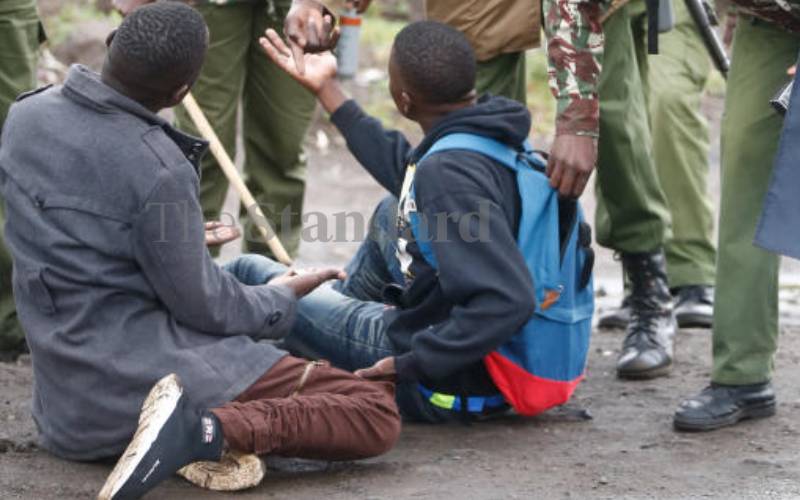×
The Standard e-Paper
Smart Minds Choose Us

Civil society organisations say 219 cases of police killings and enforced disappearances were recorded last year. Out of these, 187 cases were police killings and 32 enforced disappearances, according to a report by Missing Voices, a group of 15 civil society organisations.
This report is shocking but not at all surprising. This is because extra-judicial killings and enforced disappearances have become too common.